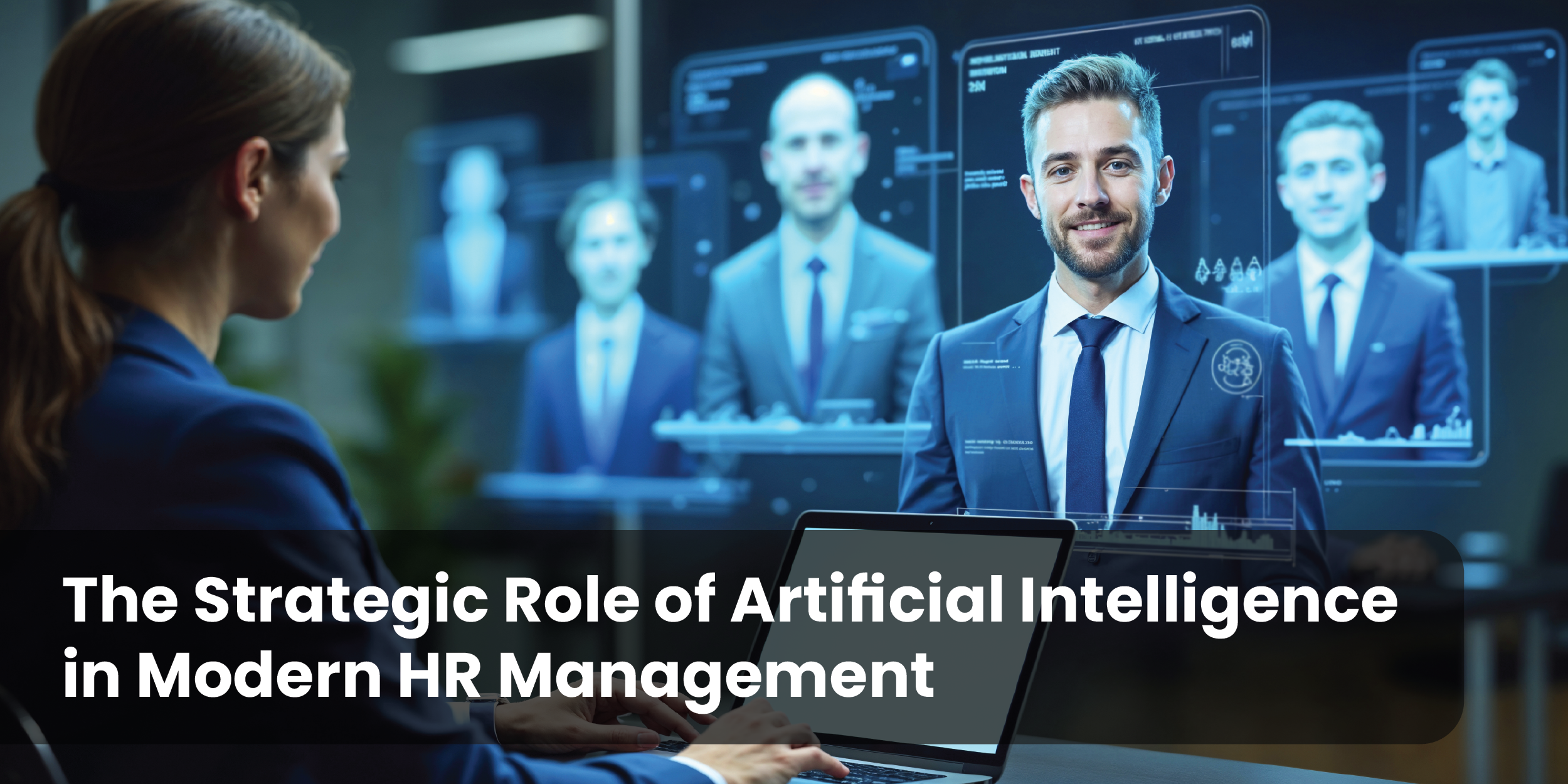In the digital age, Human Resources (HR) departments are no longer confined to traditional administrative roles. They are rapidly evolving into strategic partners that drive business performance and organizational growth. A key enabler of this transformation is Artificial Intelligence (AI). From recruitment to employee engagement, AI is redefining the landscape of HR management by enhancing decision-making, reducing bias, and improving efficiency.
The Evolution of HR in the AI Era
Historically, HR functions were largely manual and reactive, focused on record-keeping, payroll, and compliance. Today, with AI technologies such as machine learning, natural language processing, and predictive analytics, HR has become more data-driven and proactive. This shift allows HR professionals to focus on strategic initiatives like talent development, workforce planning, and organizational culture.
Key Areas Where AI is Transforming HR
1. Recruitment and Talent Acquisition
AI-powered tools streamline the hiring process by automating resume screening, analyzing candidate data, and predicting job fit. Chatbots handle initial queries and schedule interviews, reducing the workload on HR teams. Algorithms can even assess a candidate’s likelihood of success in a role based on historical data and behavioral patterns.
2. Employee Onboarding
AI simplifies onboarding by providing new hires with 24/7 access to virtual assistants for answering questions, guiding them through company policies, and helping them complete necessary paperwork. This ensures a smoother transition and improved early employee engagement.
3. Performance Management
AI enables continuous performance tracking through real-time feedback systems, sentiment analysis, and predictive modeling. Managers can identify high performers, spot struggling employees, and customize development plans based on data insights.
4. Employee Engagement and Retention
AI tools can analyze employee feedback, social interactions, and engagement surveys to detect early signs of dissatisfaction or burnout. This enables HR teams to proactively intervene with support, training, or recognition, thus improving retention rates.
5. Learning and Development
AI personalizes learning paths by assessing employee skills, career goals, and performance data. It recommends tailored training modules and tracks progress, ensuring that employees acquire the right skills at the right time.
6. HR Analytics and Workforce Planning
AI offers predictive analytics that help HR leaders forecast talent needs, evaluate workforce trends, and model different scenarios. This strategic foresight is crucial for succession planning and aligning HR initiatives with long-term business goals.
Benefits of AI in HR
-
Increased Efficiency: Automating repetitive tasks frees up HR teams for strategic work.
-
Data-Driven Decisions: AI provides actionable insights from vast amounts of data.
-
Reduced Bias: AI can help reduce unconscious bias in hiring and promotions when algorithms are properly trained.
-
Enhanced Employee Experience: Personalized and timely HR services improve satisfaction and engagement.
Challenges and Ethical Considerations
While AI offers immense potential, it also raises concerns:
-
Bias in Algorithms: If not carefully designed, AI systems can perpetuate existing biases in hiring and evaluation.
-
Privacy Concerns: Monitoring employee behavior and sentiment must be balanced with respect for privacy.
-
Change Management: Integrating AI into HR requires cultural and operational shifts, as well as upskilling of HR professionals.
Preparing for an AI-Driven HR Future
To fully harness the strategic power of AI, organizations should:
-
Invest in AI literacy and training for HR teams.
-
Choose transparent, ethical AI tools with explainable algorithms.
-
Continuously audit AI systems for fairness and accuracy.
-
Foster a culture of innovation and adaptability.
Conclusion
Artificial Intelligence is not just a tool for efficiency—it’s a catalyst for strategic transformation in HR. By adopting AI, HR departments can evolve into proactive, data-savvy partners that enhance the employee lifecycle, improve organizational agility, and drive long-term business success. The future of HR is intelligent, and the time to embrace it is now.

